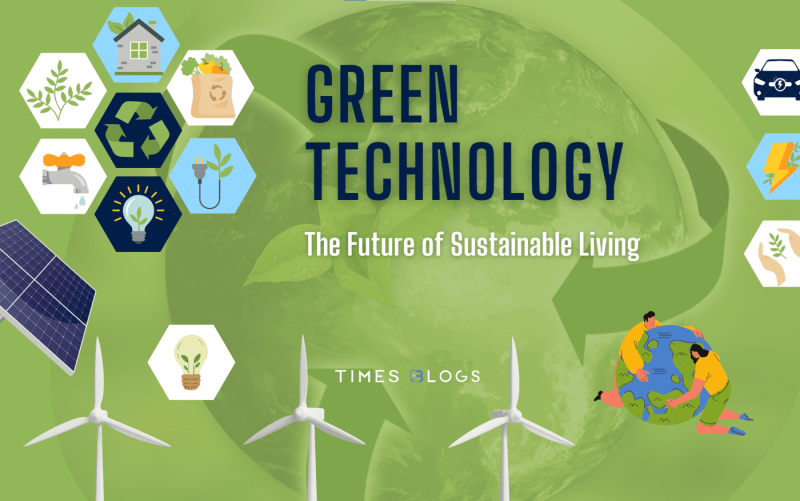
Tech by Android – Green tech has become a fundamental driver of sustainable living in 2025. Indeed, the urgency to address climate change pushes the adoption of green tech solutions worldwide. Consequently, governments, companies, and individuals increasingly embrace green tech innovations. Moreover, these technologies help reduce environmental footprints while improving quality of life. Therefore, the impact of green tech continues to expand across various sectors rapidly.
“Read More : How to Use Google Gemini and Live Features on Android Phones and iPhones”
First and foremost, green tech has revolutionized renewable energy generation. Solar panels, wind turbines, and hydropower systems benefit from cutting-edge green tech advancements. As a result, energy efficiency improves, and costs drop significantly. Additionally, energy storage solutions developed through green tech ensure stable power supply. Governments support these initiatives through subsidies and regulations. Thus, green tech accelerates the transition away from fossil fuels.
In addition, green tech promotes sustainable construction materials and methods. Eco-friendly materials like recycled composites and low-impact cement gain popularity. Furthermore, smart building systems powered by green tech optimize energy consumption. Heating, ventilation, and cooling adjust automatically to minimize waste. These innovations make green buildings both affordable and efficient. Consequently, green tech transforms urban landscapes toward sustainability.
“Read About: Why Google Is Doubling Down on Legal Defense”
Moreover, green tech plays a vital role in revolutionizing transportation. Electric vehicles equipped with advanced green tech batteries offer longer range and faster charging. Charging infrastructure expands due to green tech innovations, making EV use more convenient. Public transit systems also integrate green tech for cleaner and efficient operations. Together, these efforts reduce carbon emissions significantly. Hence, green tech drives sustainable mobility solutions globally.
Meanwhile, green tech advances in waste management help tackle pollution and resource depletion. Recycling technologies powered by green tech enhance material recovery rates. Smart sensors optimize waste collection routes, saving fuel and labor. Furthermore, green tech supports circular economy models promoting product reuse and remanufacturing. Consequently, communities reduce landfill waste and conserve resources.
In parallel, green tech aids in water conservation and purification. Smart irrigation systems reduce water usage by adapting to weather and soil conditions. Technologies developed through green tech enable wastewater recycling for agriculture and industry. Rainwater harvesting systems integrate green tech for efficient collection and storage. As a result, green tech ensures sustainable water resource management.
“Read More: Calm and Relaxing Music Proven to Reduce Stress in Pets”
Additionally, green tech powers smart home technologies that improve energy efficiency. Automated lighting, climate control, and appliances optimize electricity use seamlessly. Homeowners monitor and control systems remotely via green tech-enabled apps. Integration with solar panels and battery storage maximizes green tech benefits. Thus, green tech fosters environmentally friendly lifestyles.
Furthermore, green tech fuels corporate sustainability initiatives worldwide. Businesses implement green tech solutions to reduce carbon footprints and comply with regulations. Green tech enables transparent supply chains and eco-friendly product designs. Cross-industry collaborations leverage green tech for innovative solutions. Consequently, green tech strengthens corporate responsibility efforts.
“Read About: Why Google Is Doubling Down on Legal Defense”
Meanwhile, green tech awareness campaigns educate the public about its benefits. Educational programs and media highlight green tech’s role in combating climate change. Increased demand for green tech products encourages market growth. Social influencers promote adoption of green tech-powered lifestyles. Hence, green tech adoption continues to rise steadily.
Despite its promise, green tech faces challenges such as high initial costs and infrastructure gaps. Continuous research and policy support are essential for overcoming these barriers. Innovation in green tech must focus on accessibility and affordability. Looking forward, green tech will remain crucial in achieving global sustainability targets.